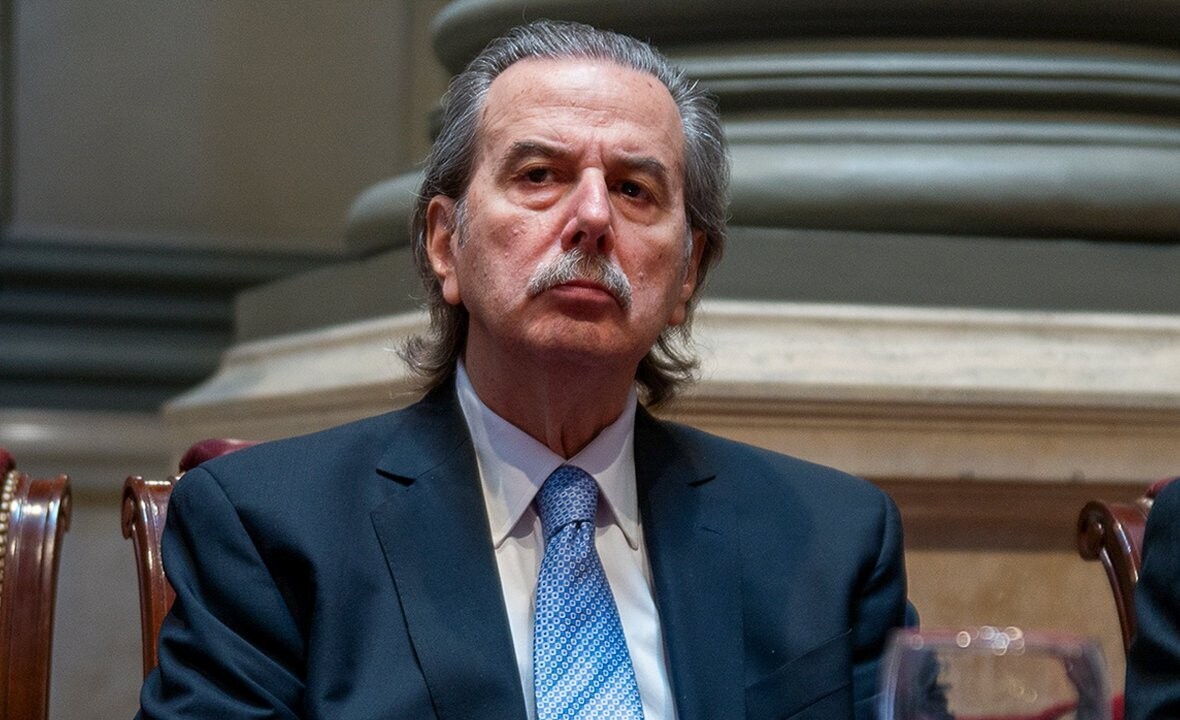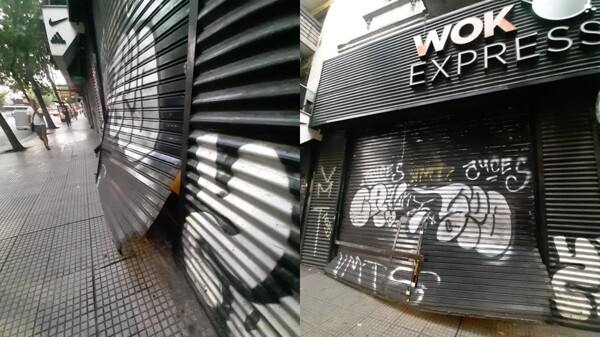
The Supreme Court of Argentina issued a statement indicating that a judge cannot request leave from one position to serve in another. "Clearly, he would have to resign from that position," explained former Supreme Court minister, Juan Carlos Maqueda.
Maqueda mentioned an emblematic case from the 1960s involving José Francisco Bidau, where the Senate rejected his nomination, causing him to lose both his position in the Supreme Court and as a judge. He also recalled another case in the 1970s of a federal trial judge who was appointed in a commission at a second instance.
The future of Ariel Lijo in the Supreme Court remains uncertain after being provisionally appointed by President Javier Milei. Tomorrow, the Court will have to decide whether to accept the extraordinary leave requested by Lijo the previous week, which received the approval of the Federal Chamber, or if it will require him to resign from his position as a federal judge to take up a commission for one year, according to Milei's decree.
In this context, Maqueda, in an interview with Radio Rivadavia, presented two exemplary cases that could serve as precedents for the Court to make a decision regarding Lijo's situation.














